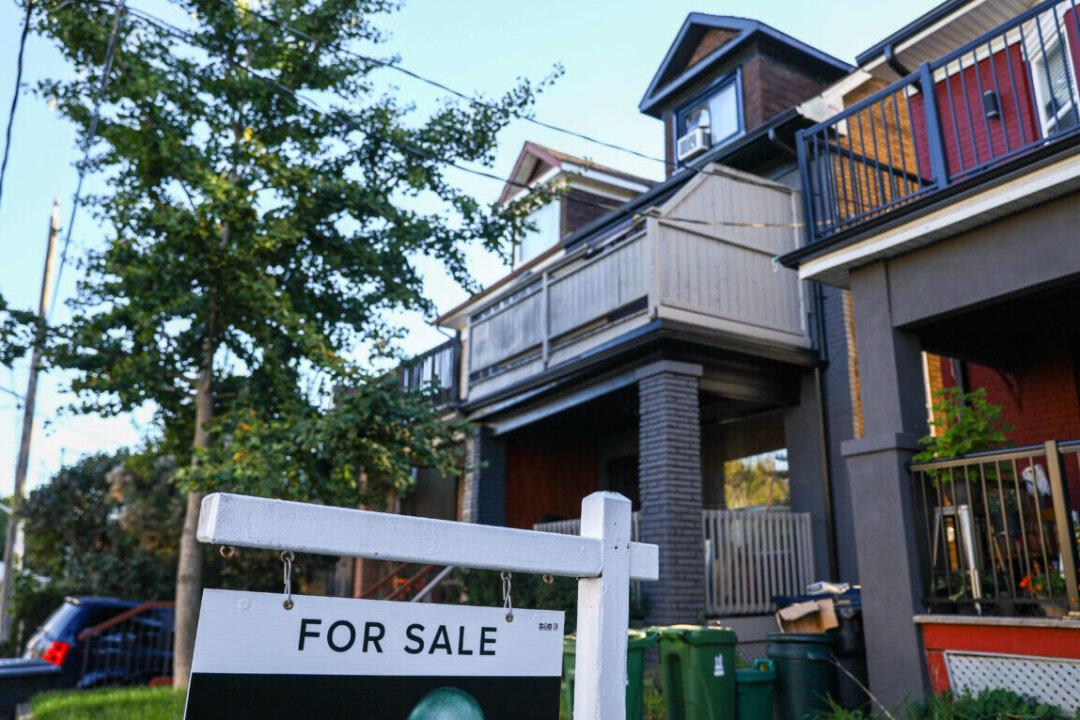Ontario property owners who regularly rent out their homes on platforms like Airbnb could be required to pay 13 percent HST when selling the property, according to a recent court ruling.
The harmonized sales tax (HST) does not usually apply to the sale of a residential property that was previously occupied, according to the Canadian Revenue Agency (CRA). But the Tax Court of Canada ruled in March that the sale of a condo unit that was rented out on Airbnb for several short-term leases was indeed subject to the tax.





